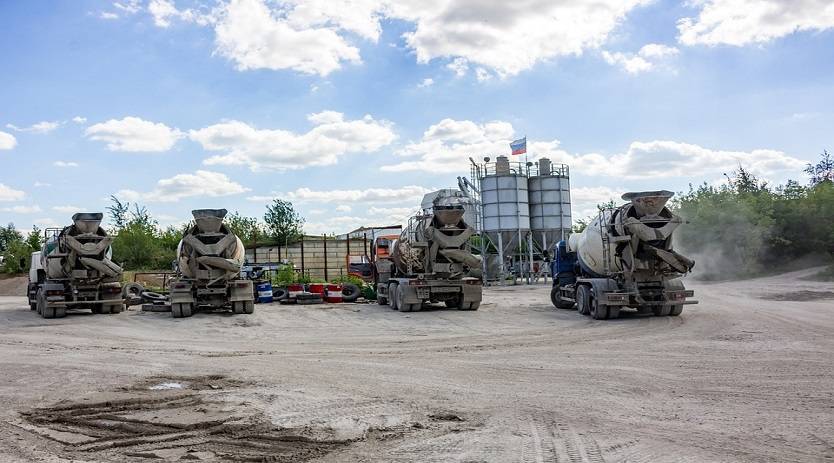In India's dynamic real estate landscape, a significant transformation is underway, reshaping the traditional dynamics of office space ownership and rental yields. The emergence of single-owned office assets, propelled by developers with substantial resources or institutional backing, is revolutionizing the market and redefining tenant preferences.
Transitioning Dynamics:
Historically, India's office space market has been dominated by strata-owned buildings, characterized by multiple landlords owning distinct portions within the same structure. However, this model often resulted in fragmented management, inconsistent services, and suboptimal tenant experiences. Recognizing these challenges, developers are increasingly opting for single ownership, consolidating control and enhancing operational efficiency.
Rental Premium and Tenant Preferences:
Single-owned assets have a distinct advantage in commanding premium rents, often surpassing those of strata-owned counterparts by up to 32%. This rental differential underscores a fundamental shift in tenant preferences, with businesses prioritizing reliability, superior services, and a cohesive tenant experience. Single-owned assets offer centralized management and streamlined operations, providing tenants with greater assurance and efficiency.
Market Dynamics and Geographical Variances:
Despite the growing prominence of single-owned assets, their penetration remains limited, accounting for less than a third of India's total office stock. Cities like Mumbai, Delhi, and Chennai boast a significant inventory of older, strata-owned buildings, reflective of historical development patterns. In contrast, emerging areas in cities such as Pune, Bengaluru, and Hyderabad are witnessing a surge in single-owned developments, catering to evolving market demands. Location-specific rental differentials further underscore the nuanced dynamics of the market, with single-owned assets commanding higher rents across various micro-markets.
Role of Institutional Investors and Developers:
The transition towards single ownership is buoyed by the active involvement of institutional investors and developers. Private equity firms, asset managers, and real estate investment trusts (REITs) are playing a pivotal role in funding and developing high-quality commercial properties. This influx of institutional capital has accelerated the pace of single-owned developments and enhanced the overall quality of office spaces.

Future Outlook and Implications:
Looking ahead, the trajectory towards single ownership is poised to continue, driven by the sustained demand for quality office spaces and the increasing attractiveness of commercial assets to investors. This evolution represents a fundamental restructuring of India's office space ecosystem, characterized by a heightened emphasis on quality, reliability, and tenant-centricity. The rise of single-owned office assets marks a transformative phase in India's commercial real estate sector, paving the way for a new era of premium office spaces tailored to meet the needs of the modern workforce and businesses alike.
Government policies and regulatory frameworks that support streamlined approvals and facilitate foreign investment are essential for fostering investor confidence. Initiatives aimed at improving infrastructure and urban planning contribute to the attractiveness of locations conducive to single-owned assets. Moreover, evolving workplace trends underscore the importance of flexible and adaptable office spaces. Developers must innovate and adapt their offerings to align with evolving tenant expectations, incorporating features such as sustainable design and digital infrastructure. The emergence of co-working spaces presents both opportunities and challenges for single-owned assets, requiring landlords to balance diverse tenant requirements while maintaining premium positioning.
Conclusion
The transition towards single ownership represents a transformative shift in India's office space market, driven by market forces, investor preferences, and evolving workplace dynamics. With careful planning, innovation, and regulatory support, single-owned assets are poised to play an increasingly significant role in shaping the future of India's commercial real estate sector.









.png)